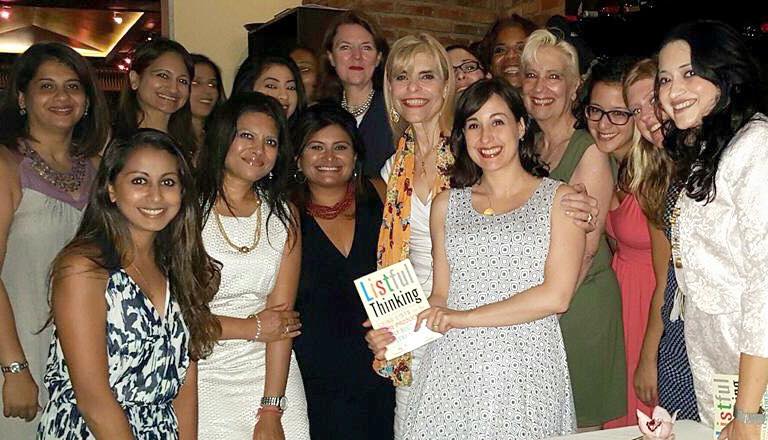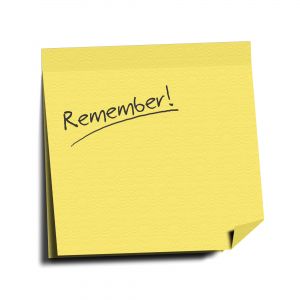 Last week I held the very first ever ProductiviTEA event at Podunk tea shop in New York City. I’m still beaming from the amazing energy in the room. (Maybe it was the boozy tea too?) The group was a mix from all different backgrounds. We had lawyers, fashion designers, personal trainers, financial services gurus, productivity coaches and branding experts.
Last week I held the very first ever ProductiviTEA event at Podunk tea shop in New York City. I’m still beaming from the amazing energy in the room. (Maybe it was the boozy tea too?) The group was a mix from all different backgrounds. We had lawyers, fashion designers, personal trainers, financial services gurus, productivity coaches and branding experts.
Between sips of delicious tea and bites of yummy scones — it was clear that despite the differences in careers we all shared similar productivity issues. Some of the problems that popped up included:
1. Focusing on one task at a time (I suggested trying the Pomodoro technique where you work on a  given task for a set amount of time — like 25 minutes.)
given task for a set amount of time — like 25 minutes.)
2. Dealing with email overwhelm (I’ve been there too – I love to sign up for newsletters newsletters,PDFs and free gifts of all kinds. If there’s a free promo code out there — I want it. All these goodies are delivered right to my inbox and I always have the best intentions to read them all but….the truth is I rarely do anything with that stuff. I created a system to Take Back My Inbox! For some tips and tricks on that front check out my new course.
 3. Stopping your brain from going 100 MPH before bed (Reading a fiction book is a great cure for this. I used to read non-fiction all the time because I’m just so curious and always want to be learning something
3. Stopping your brain from going 100 MPH before bed (Reading a fiction book is a great cure for this. I used to read non-fiction all the time because I’m just so curious and always want to be learning something new. But about a month ago I realized it wasn’t working and switched to fiction. It’s amazing how much it settles you down before bed.)
new. But about a month ago I realized it wasn’t working and switched to fiction. It’s amazing how much it settles you down before bed.)
We also talked about productivity styles and how you have to find out what works for you. I had so much fun helping people with their list and productivity problems and cheer on their successes. I created ListProducer.com to help those who where struggling to get organized – it feels really good to see the effect the blog has on people. Thanks so all who attended and hopefully we will have a repeat event sometime soon. I’m even thinking of doing a virtual event so people from all over can participate.
 It’s amazing what you can learn over drinks. Really.
It’s amazing what you can learn over drinks. Really. 




 3. Stopping your brain from going 100 MPH before bed (Reading a fiction book is a great cure for this. I used to read non-fiction all the time because I’m just so curious and always want to be learning something
3. Stopping your brain from going 100 MPH before bed (Reading a fiction book is a great cure for this. I used to read non-fiction all the time because I’m just so curious and always want to be learning something

